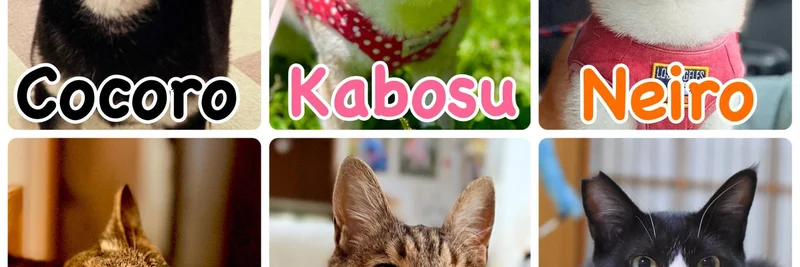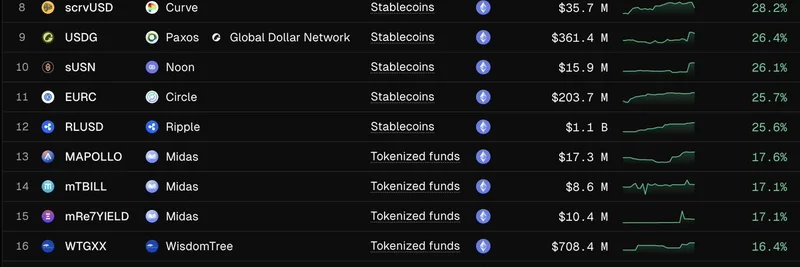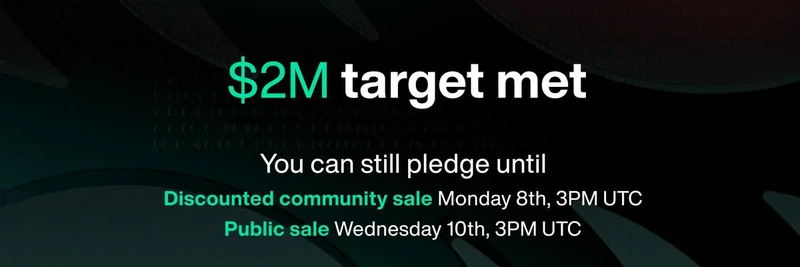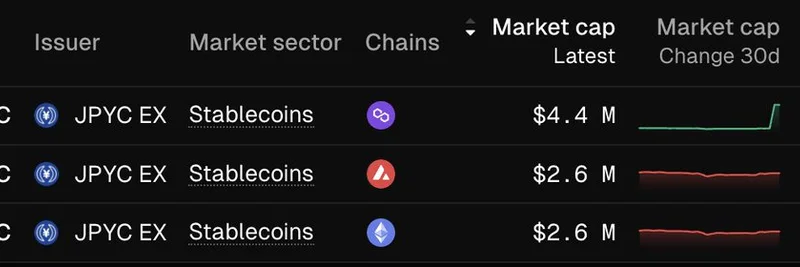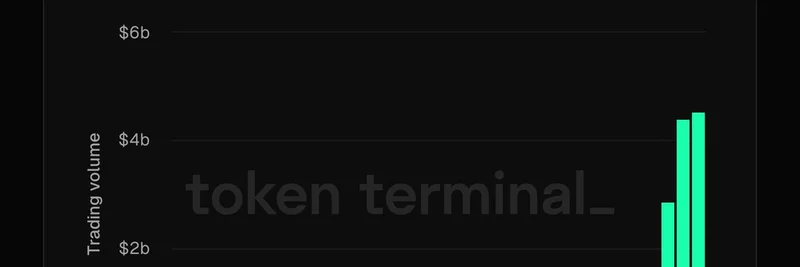In the ever-evolving world of meme coins, where community sentiment can swing markets, a recent incident involving Kabosu—the Shiba Inu behind the legendary Doge meme—highlights a clever twist on crypto scams. Instead of targeting wallets with phishing links or malware, hackers are now exploiting something far more human: our love for cute dogs.
It all started when Kabosu's owner, known as @kabosumama on X (formerly Twitter), posted a clarification about her Instagram account being hacked. In the post, she explained that unauthorized photos were uploaded, leading some fans to believe she'd adopted a new pet. But nope, that wasn't the case. To prevent future confusion, she stressed that any real announcements about new family members would come jointly with @ownthedoge, the official stewards of the Doge and Cocoro IP.
This hack didn't just stir up personal drama; it tapped into the heart of the Dogecoin community. Dogecoin, the original meme coin inspired by Kabosu's viral photos, thrives on whimsy and goodwill. Scammers betting on fans' eagerness for "new dog" news shows how meme token ecosystems are vulnerable not just to technical exploits but to emotional manipulation too.
Tech entrepreneur Drew Coffman captured this irony perfectly in his quote tweet: "wild that the optimal attack vector isn’t wallets but people’s willingness to believe in a new dog." It's a spot-on observation. In a space where hype can pump prices, false narratives about beloved icons like Kabosu could mislead investors or spread misinformation.
Why This Matters for Meme Token Holders
For anyone holding Dogecoin or other Shiba Inu-themed meme coins, this serves as a reminder to verify sources. Official channels like @ownthedoge exist for a reason—they safeguard the authenticity of the Doge brand, which has evolved from a simple meme into a cultural phenomenon powering billions in market cap.
Meme coins like Dogecoin often see volatility tied to real-world events involving their mascots. Remember when Kabosu's health updates moved the market? Hackers preying on that emotional connection could fabricate stories to manipulate sentiment, perhaps even tying into pump-and-dump schemes.
Staying Safe in the Meme Coin World
To dodge these kinds of tricks (pun intended), always cross-check announcements. Follow verified accounts, and be skeptical of unsolicited "news" on social media. Tools like blockchain explorers can help verify token-related claims, but for personal stories like this, sticking to official partners is key.
This incident underscores why communities around meme tokens need robust verification processes. As blockchain practitioners, building knowledge around security—both technical and social— is crucial. At Meme Insider, we're committed to keeping you informed on these developments to help you navigate the fun, yet tricky, world of meme coins.
If you're deep into Dogecoin or eyeing the next big meme token, bookmark our knowledge base for more insights on scams, trends, and tech updates. Stay vigilant, and keep that Doge spirit alive!
